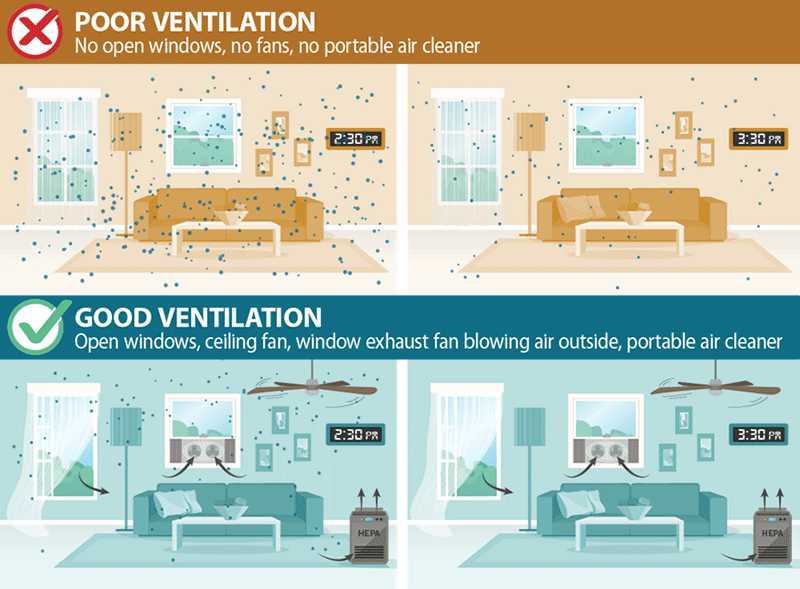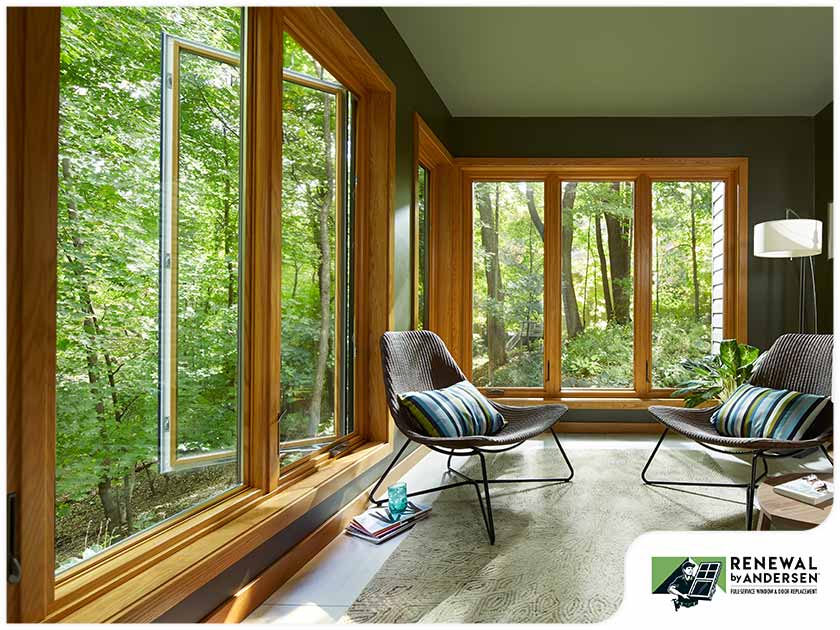Home Ventilation Melbourne Explained: Natural vs Mechanical Options
The Duty of Home Ventilation in Avoiding Mold And Mildew and Indoor Allergens
Home air flow is an essential component in preserving a healthy interior setting. It manages moisture degrees, which can protect against the development of mold and the accumulation of irritants. Numerous homeowners forget the relevance of correct ventilation, frequently causing unseen concerns. Recognizing exactly how ventilation systems function and their influence on air quality could be the key to a much healthier living area. What steps can be required to improve these systems effectively?
Recognizing Home Air Flow Equipments
While numerous house owners might neglect the relevance of air flow, comprehending home air flow systems is vital for preserving indoor air high quality and avoiding mold and mildew growth - Home Ventilation Melbourne. These systems assist in the exchange of stale interior air with fresh outdoor air, successfully minimizing contaminants and moisture levels. Typical kinds include natural air flow, which counts on wind and temperature level distinctions, and mechanical air flow, which makes use of ducts and followers to control air flow. Additionally, balanced ventilation systems combine both techniques to enhance air quality. Appropriately created and maintained air flow systems can assist regulate temperature level and moisture, guaranteeing a comfortable living setting. Homeowners should consider factors like home occupancy, format, and climate when selecting an air flow system to finest suit their demands and enhance general air quality
The Influence of Moisture on Mold Development
Humidity plays an essential duty in mold development, making it a crucial variable for property owners to monitor. Mold grows in environments where moisture levels surpass 60%, as these problems supply the dampness needed for spores to multiply and germinate. High humidity can arise from various sources, consisting of bad air flow, water leaks, and food preparation or bathing activities. When moisture degrees continue to be raised, mold and mildew can develop quickly on natural materials such as textile, drywall, and timber. Home owners ought to use dehumidifiers and assure correct ventilation in areas susceptible to dampness, such as washrooms and basements. Maintaining indoor humidity in between 30% and 50% can substantially decrease the danger of mold and mildew development, adding to a much healthier living setting.
Identifying Common Indoor Allergens
Indoor atmospheres can nurture a selection of allergens that impact health and wellness and convenience. Typical interior irritants include allergen, family pet dander, mold and mildew spores, and plant pollen. Allergen prosper in bed linens, carpetings, and furniture, preying on natural product and adding to respiratory system concerns. Pet dog dander, made up of little flakes from skin and hair, can cause sensitive reactions in delicate people. Mold and mildew spores, often present in wet locations, can multiply and impact air high quality. Furthermore, pollen can penetrate homes via open home windows or on garments. Determining these allergens is crucial for keeping a healthy indoor setting. Recognition of their visibility allows house owners to take positive steps to reduce direct exposure and boost general indoor air top quality.
Benefits of Proper Air Flow
Appropriate air flow is necessary for preserving a healthy interior environment, as it aids to control this hyperlink air quality and lower the accumulation of toxins. Appropriate air movement facilitates the exchange of indoor and outdoor air, thereby thinning down dangerous substances such as unpredictable organic substances, allergens, and dirt. This process not just enhances convenience but likewise adds to the general health of occupants by lessening respiratory system concerns (Home Ventilation Melbourne). Proper ventilation efficiently regulates humidity levels, minimizing the likelihood of mold growth and promoting a drier setting conducive to health and wellness. In addition, it can boost energy effectiveness by ensuring that heating & cooling systems run better, causing reduced power prices. On the whole, appropriate air flow is an important part in advertising a safe and healthy and balanced living room

Tips for Improving Home Ventilation
Lots of homeowners might forget it, boosting home air flow is essential for enhancing air quality and protecting against mold and mildew development. One efficient method is to routinely open windows to promote cross-ventilation, allowing fresh air to circulate. Mounting exhaust followers in cooking areas and shower rooms can effectively remove moisture-laden air, reducing moisture degrees. House owners must additionally take into consideration utilizing air cleansers with HEPA filters to catch allergens and contaminants. Consistently preserving a/c systems, including transforming filters, assurances come to a head air flow and efficiency. Securing leakages around doors and home windows can stop outside air from getting in, which helps keep a constant indoor setting. Lastly, incorporating houseplants can naturally improve air top quality while adding visual value to the home.
Regularly Asked Concerns
How Frequently Should I Tidy My Home Ventilation System?
Determining exactly how frequently imp source to cleanse a home ventilation system relies on different factors, consisting of usage and environmental conditions. Home Ventilation Melbourne. Usually, professionals advise a complete cleansing every three to 5 years to maintain optimal airflow and effectiveness
Can Plant Kingdom Help In Reducing Indoor Allergens?
Research study shows that certain interior plants might assist lower allergens by enhancing air top quality and increasing humidity. Nonetheless, their efficiency differs, and keeping a clean atmosphere continues to be essential for managing indoor irritants successfully.
What Sorts Of Air Filters Are Best for Mold And Mildew Avoidance?

Are There Certain Air Flow Needs for Basements?

Exactly how Do I Know if My Ventilation Is Functioning Effectively?
To determine efficient ventilation, one must check humidity levels, check airflow with vents, and Visit This Link observe indications of condensation or stationary air. Normal analyses can show whether the system appropriately flows and exchanges interior air.
Understanding how ventilation systems feature and their influence on air quality could be the key to a much healthier living space. While many property owners may neglect the value of ventilation, comprehending home ventilation systems is necessary for keeping interior air high quality and preventing mold growth. Usual types include natural air flow, which relies on wind and temperature differences, and mechanical ventilation, which utilizes air ducts and fans to manage air flow. Appropriate air flow is necessary for preserving a healthy indoor setting, as it aids to manage air high quality and lower the build-up of contaminants. Lots of house owners may ignore it, boosting home air flow is necessary for improving air quality and preventing mold and mildew development.